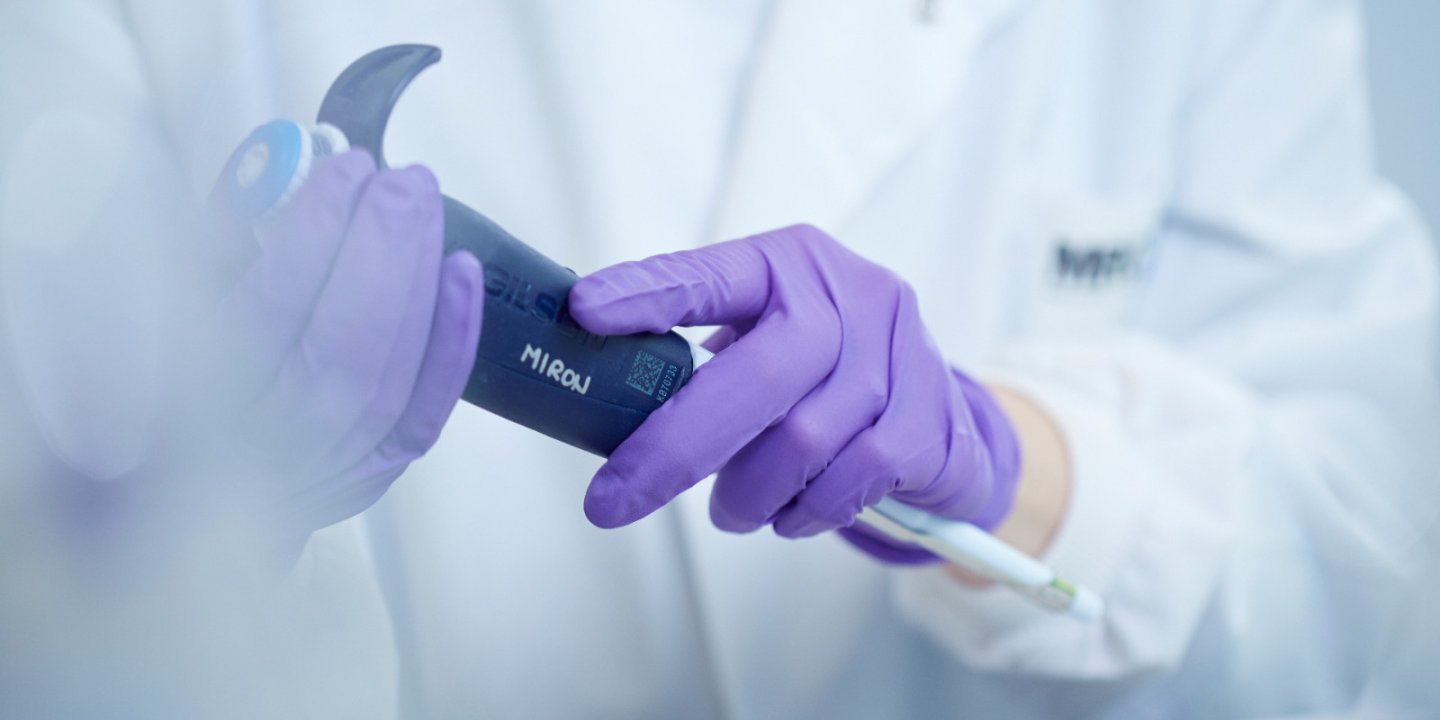
What the future holds for kids today: are we close to preventing MS?
Omar Abdel-Mannan is a paediatric neurologist and Clinical Research Fellow at UCL, focusing on MS in children. Rabiah Coon, one of our Research Network volunteers, asked Omar what he thinks the future holds for the UK’s youngest population when it comes to MS.
For many people living with MS, their diagnosis came during early or late adulthood. But, for a small percentage, the diagnosis came during childhood or teenage years. Each year between 50 and 60 people under 18 are diagnosed with MS in the UK. These are some of the young people Omar is focused on helping. He also hopes to see changes for future generations.
Children diagnosed with MS
The ultimate goal in treating children with MS is to make sure they can live as normal a life as possible and do what they want in adulthood. Newer disease modifying therapies are now effective in getting on top of the condition and enabling a sense of normality for these young people.
While continuing to focus on disability reduction for both children and adults with MS, the next step is to look at disease prevention. For children born in 2022, is there a way to make sure they never develop MS in the first place? To do this, we need to understand more about how MS starts.
Developing MS is a perfect storm, with a combination of genetic and environmental factors.

Genetics as prevention
There’s no one gene passed on from our parents that causes MS. Few of the children Omar sees have family members with MS. But, we know there's some genetic element which makes people more likely to have the condition. Certain genetic variations in people increase the chance they will develop MS during their life.
So it’s unlikely prevention would come in the form of gene therapy, even if there was a family history. Omar describes developing MS as a perfect storm, with a combination of genetic and environmental factors. People with the genetic variants which make them more likely to get MS, may then be exposed to the environmental factors. Such as, low vitamin D or a viral trigger such as Epstein-Barr virus (EBV). And this starts the domino effect of priming the immune system and eventually presenting as MS.
As genetics is not a realistic prevention strategy, researchers turn to preventing risks from the environment. The possibility of an EBV vaccine being developed to prevent MS is possible, but we don’t know enough about it yet.

EBV and MS
EBV is a virus that usually infects people in adolescence and has been linked with MS. It often gives no symptoms, but we can tell whether someone previously had EBV by testing their blood for antibodies against the virus.
About 60% of healthy 14-year-olds will have the antibodies. In children in the same age group with MS, almost 100% of them will have the antibodies. In fact, Omar has yet to see a single child with MS who doesn't have antibodies for EBV.
He thinks developing a safe and effective EBV vaccine may be a step in the right direction towards the ultimate goal of preventing MS. There’s currently one mRNA vaccine in clinical trials with Moderna, but in very early phases.
But he’s not convinced EBV is the whole story. There are all the other environmental factors we need to understand better before we can prevent MS.
Read more about viruses like EBV and MS on our information page
Can we prevent MS?
We do need more research into developing prevention strategies. But there needs to be a two-pronged approach with research. We need to be working on treatments and stopping MS progression, and also eventually preventing people getting it in the first place. It might leave Omar’s clinic empty, but it would mean a world free from MS.

